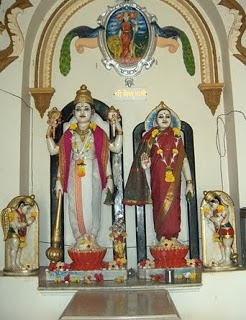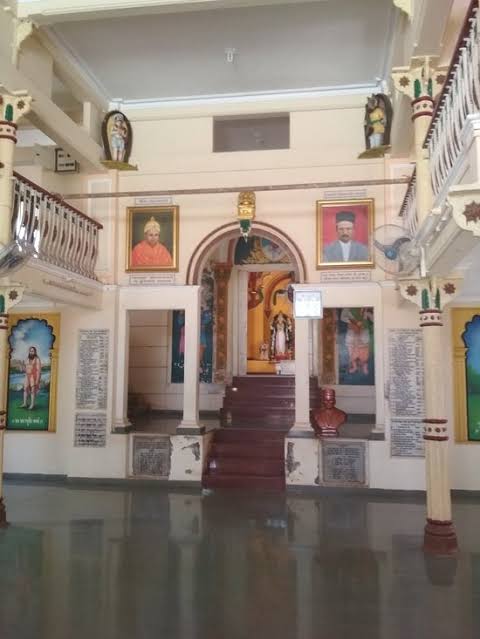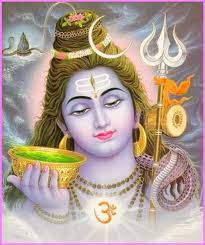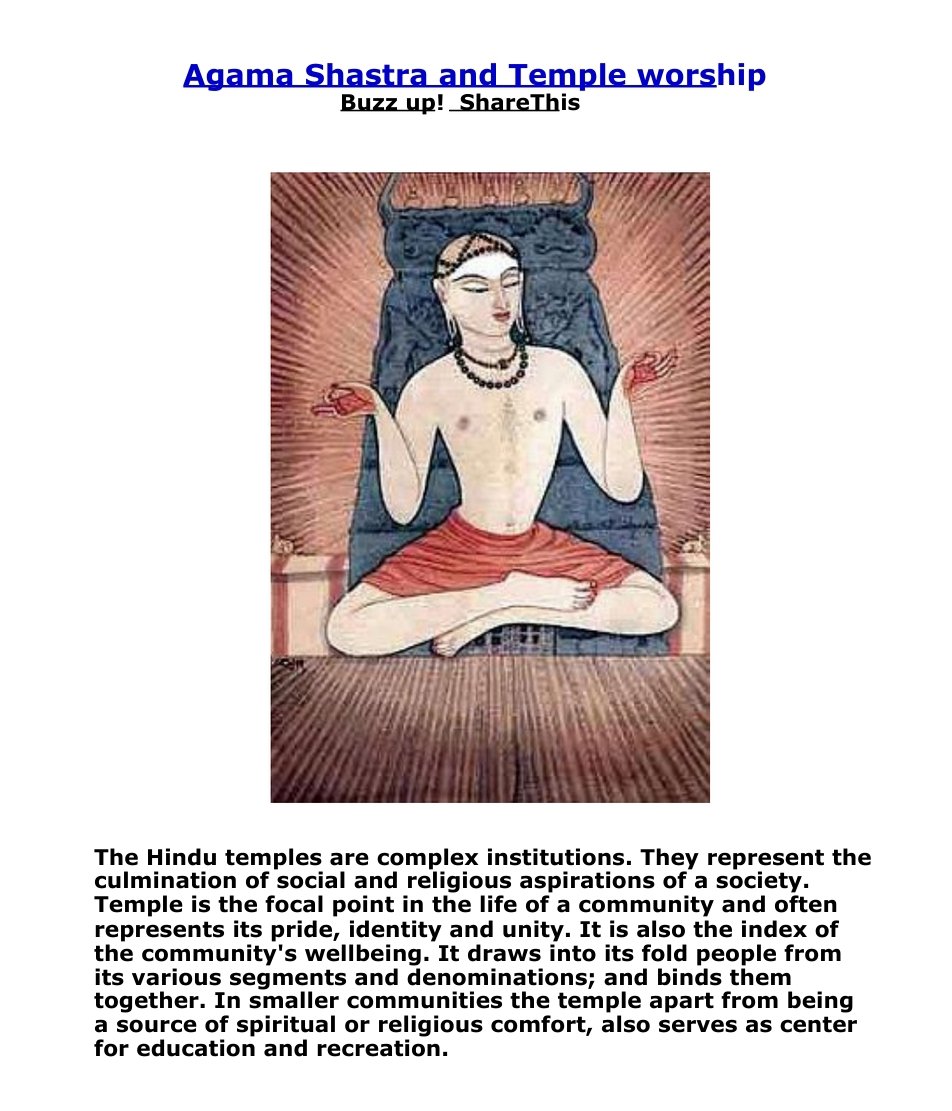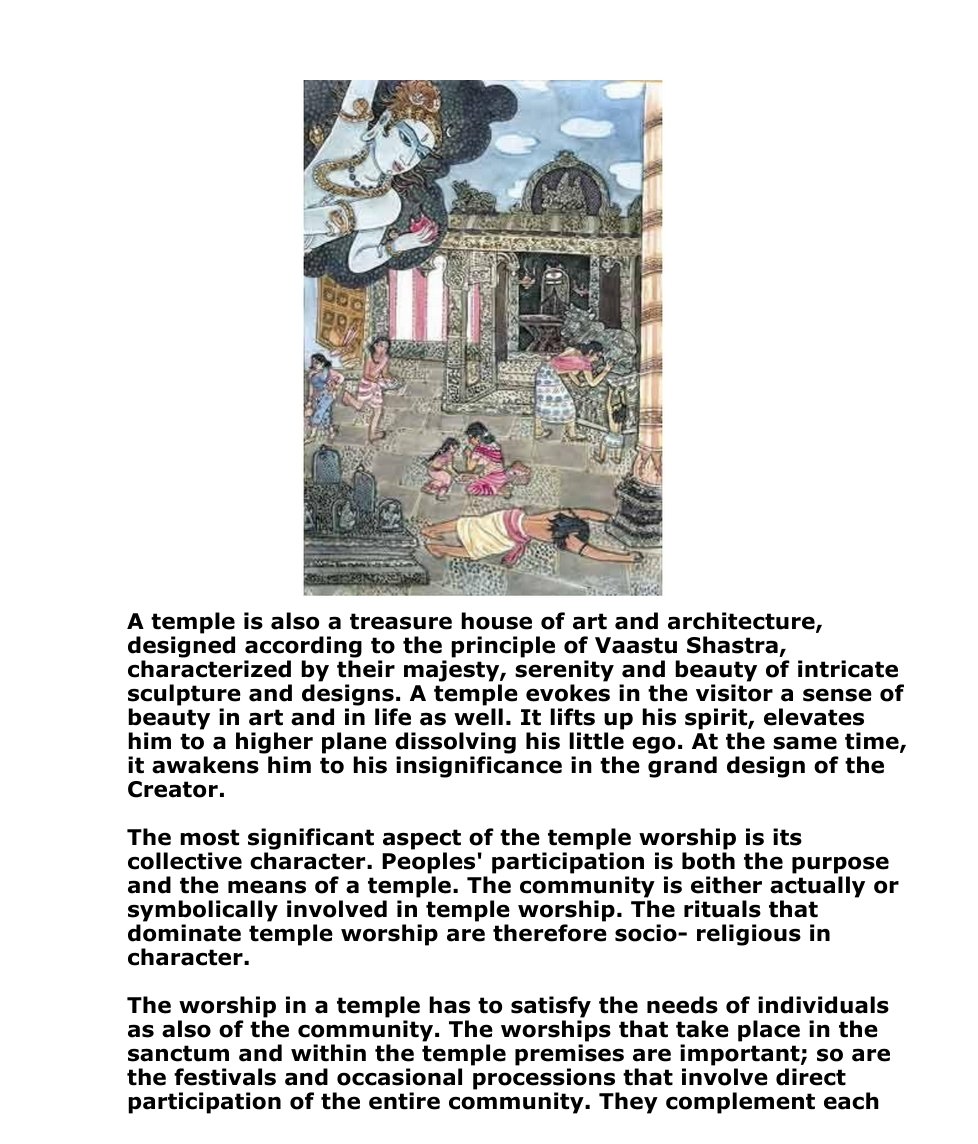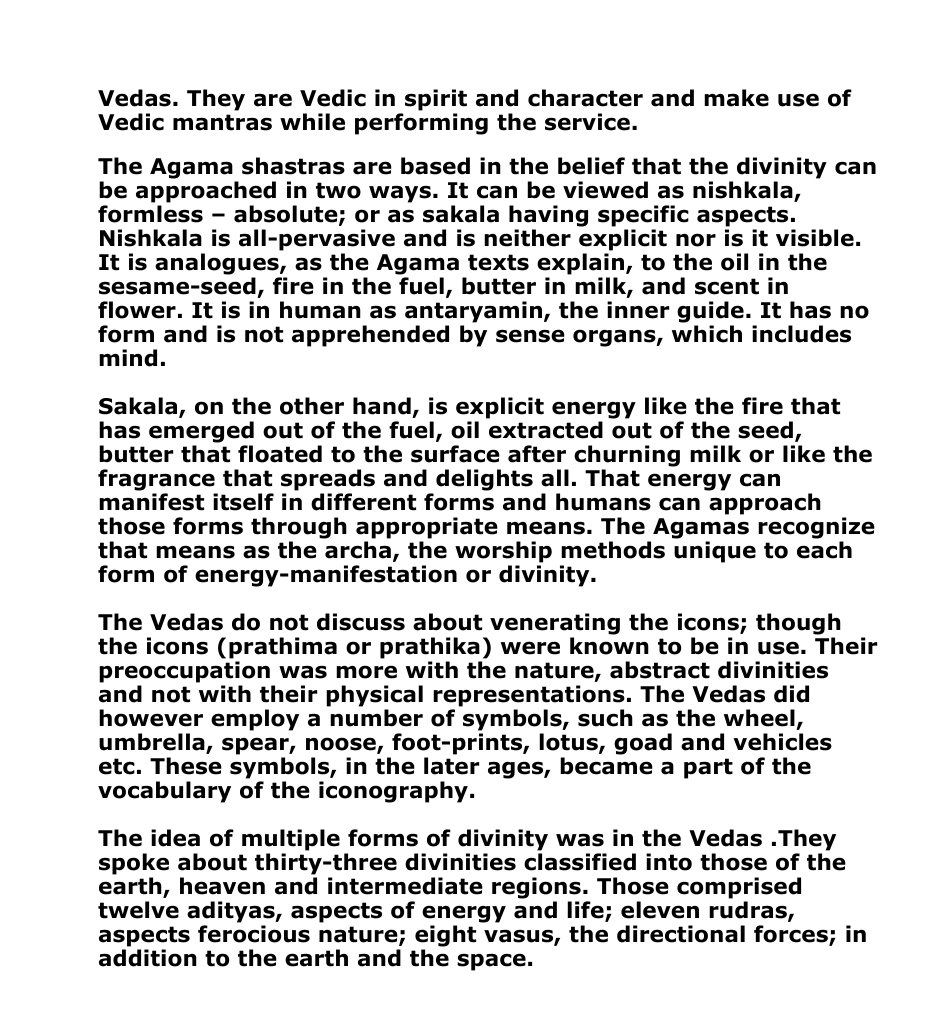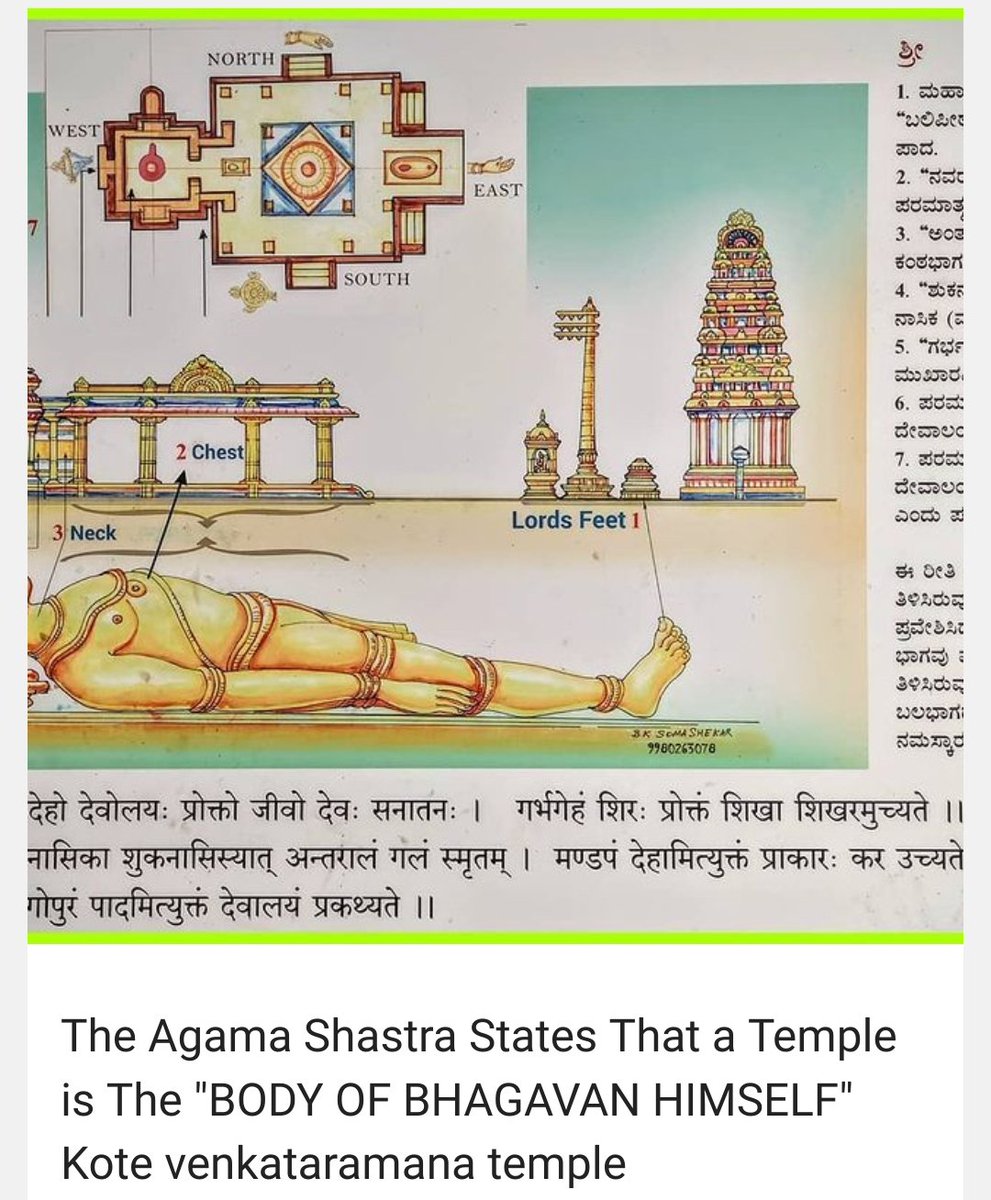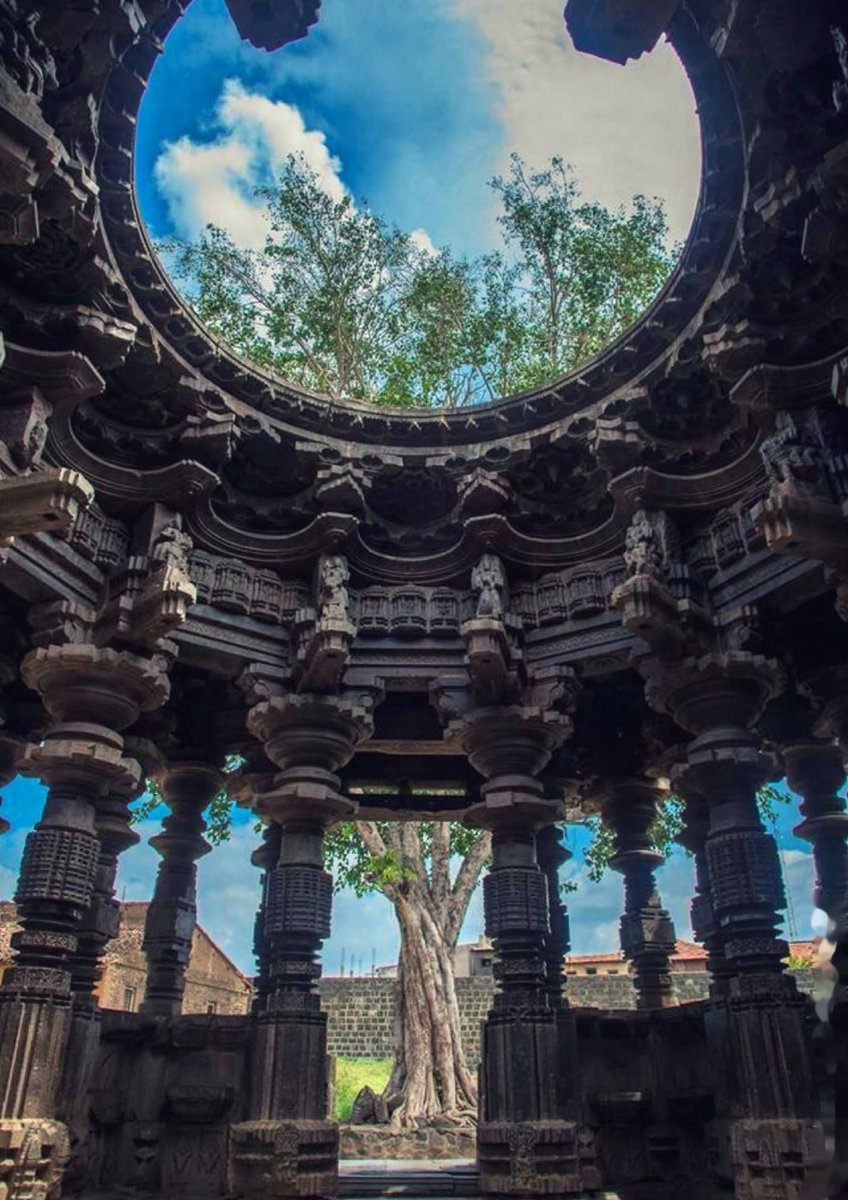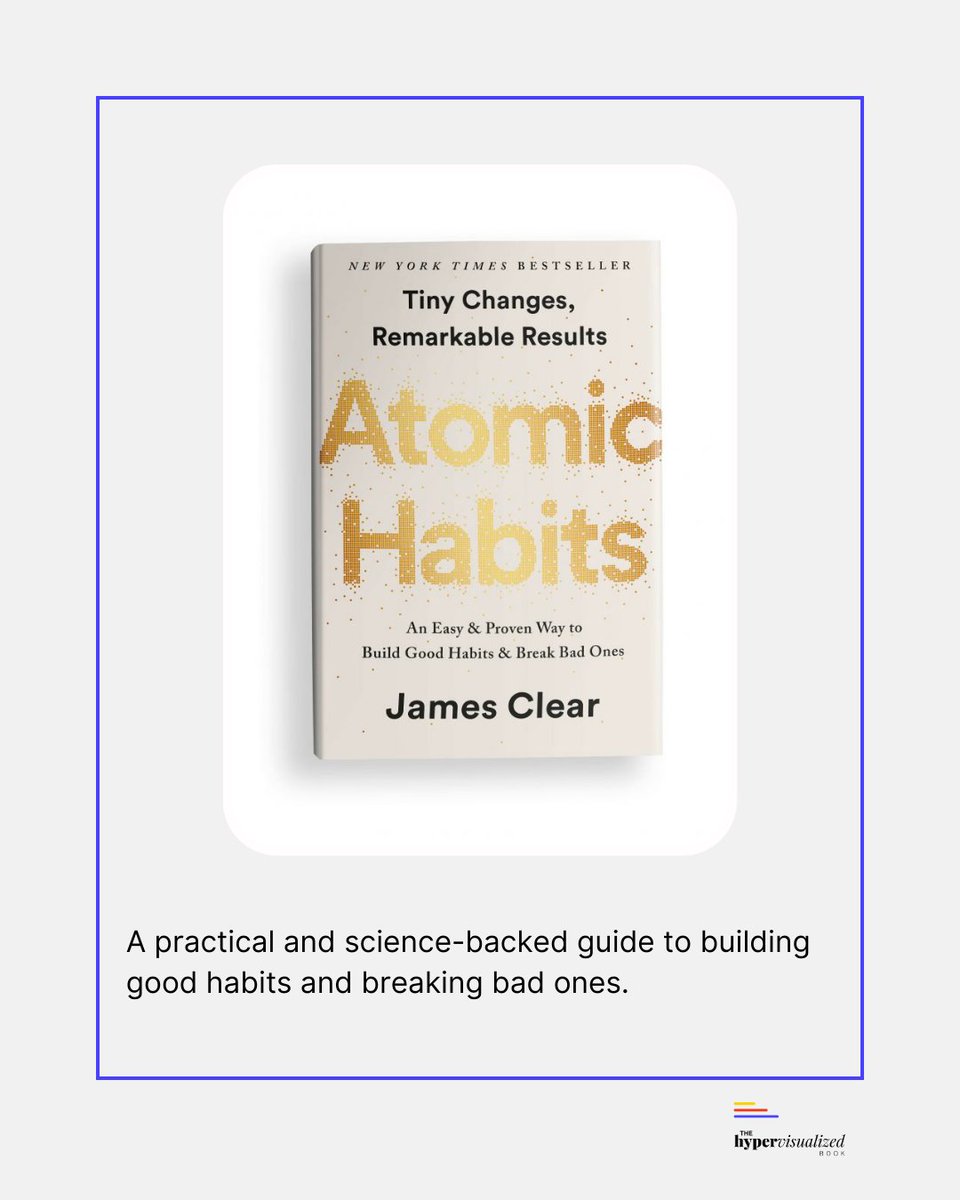Dr. Anandibai Joshi
Upon her birth on 31 March 1865 she was named Yamuna, after the holy river. Her parents Gunputrao Amritaswar Joshee & Gungabai Joshee came from a long lineage of wealthy landlord family in Kalyan of Bombay Presidency, whose wealth was now waning.

He was a strict teacher & would sometimes resort to beating if Anandi slacked in her studies.


The replies, both of which were published in the journal’s same volume after Gopalrao’s letter, reflect their hope that the Joshis will first convert to Christianity.
Nonetheless, it was a particular reader, who played a major part in Anandibai's life, namely, Ms. Carpenter of New Jersey.

More from Āyudhika
Total 20 paras of this poem.
🔸️Being Balanced🔸️
1/
अतीकोपता कार्य जाते लयाला,
अती नम्रता पात्र होते भयाला ।
अती काम ते कोणतेही नसावे,
प्रमाणामधे सर्व काही असावे ।।
Translation👇🏽
The Act of Aggression/Anger strains the work,
Extreme humility leads to fear,
There shouldn't be any kind of work in excess,
Everything should be in proportion.
2/
अती लोभ आणी जना नित्य लाज,
अती त्याग तो रोकडा मृत्य आज ।
सदा तृप्त नेमस्त सर्वां दिसावे,
प्रमाणामधे सर्व काही असावे ।।
Excess greed can bring shame in the eyes of people,
If you overdo sacrifice, death will stand before you,
Always look deeply contented and disciplined,
Everything should be in proportion.
(Check greed and sacrifice are opposites of each other)
3/
अती मोह हा दु:ख शोकास मूळ,
अती काळजी टाकणे हेही खूळ ।
सदा चित्त हे सद्विचारे कसावे,
प्रमाणामधे सर्व काही असावे ।।
Translation 👇🏽👇🏽
🔸️Being Balanced🔸️
1/
अतीकोपता कार्य जाते लयाला,
अती नम्रता पात्र होते भयाला ।
अती काम ते कोणतेही नसावे,
प्रमाणामधे सर्व काही असावे ।।
Translation👇🏽
#\u0926\u093e\u0938\u0928\u0935\u092e\u0940 \u0928\u093f\u092e\u093f\u0924\u094d\u0924 #\u0938\u092e\u0930\u094d\u0925_\u0930\u093e\u092e\u0926\u093e\u0938_\u0938\u094d\u0935\u093e\u092e\u0940 \u092f\u093e\u0902\u091a\u094d\u092f\u093e \u091a\u0930\u0923\u0940 \u0915\u094b\u091f\u0940 \u0915\u094b\u091f\u0940 \u0935\u0902\u0926\u0928 !
— \u0100yudhika (@Satyamev1310) February 25, 2022
The best Guru - Shishya relationship ever!
I'll try and explain some of his beautiful teachings from tomorrow onwards for a week.\U0001f64f\U0001f3fd\U0001f60a pic.twitter.com/DHFIwselht
The Act of Aggression/Anger strains the work,
Extreme humility leads to fear,
There shouldn't be any kind of work in excess,
Everything should be in proportion.
2/
अती लोभ आणी जना नित्य लाज,
अती त्याग तो रोकडा मृत्य आज ।
सदा तृप्त नेमस्त सर्वां दिसावे,
प्रमाणामधे सर्व काही असावे ।।
Excess greed can bring shame in the eyes of people,
If you overdo sacrifice, death will stand before you,
Always look deeply contented and disciplined,
Everything should be in proportion.
(Check greed and sacrifice are opposites of each other)
3/
अती मोह हा दु:ख शोकास मूळ,
अती काळजी टाकणे हेही खूळ ।
सदा चित्त हे सद्विचारे कसावे,
प्रमाणामधे सर्व काही असावे ।।
Translation 👇🏽👇🏽





